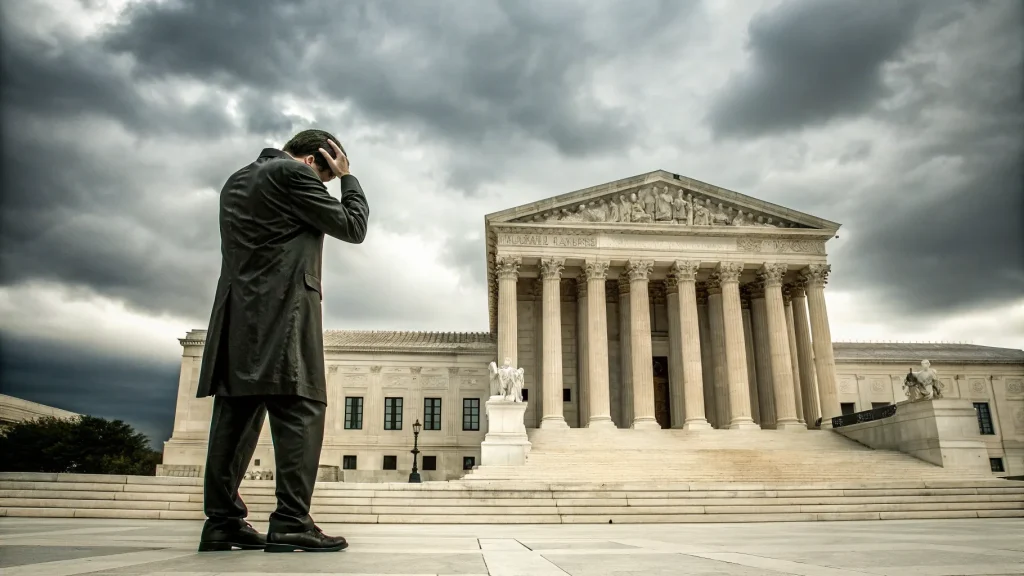Andrew Wrench expressed deep disappointment following the Supreme Court’s decision against him in a case that concluded this week. “I feel let down,” Wrench stated after learning of the ruling that ended his legal battle.
The Supreme Court’s decision marks the final chapter in what has likely been a lengthy legal process for Wrench, who had pursued his case through multiple courts before reaching the nation’s highest judicial authority. Details about the specific nature of the case remain limited, but the outcome represents a significant personal setback for Wrench.
The Court’s Decision
The Supreme Court, which hears only about 100-150 of the more than 7,000 cases it is asked to review each year, found against Wrench’s arguments. This ruling effectively ends his legal options as Supreme Court decisions cannot be appealed to any other judicial body in the United States.
Legal experts note that Supreme Court cases often involve complex constitutional questions or matters of federal law with broad implications. Without specific details about Wrench’s case, it’s unclear whether the ruling might impact similar cases or establish new legal precedent.
Personal Impact
Wrench’s statement about feeling “let down” hints at the emotional toll the legal process and ultimate defeat have taken. Many litigants who reach the Supreme Court have invested years of their lives and significant financial resources in their legal battles.
For individuals like Wrench, a Supreme Court loss can be particularly difficult to accept, as it represents the end of all available legal remedies within the American judicial system. The psychological impact of such definitive legal defeats can be substantial, especially in cases where litigants believe strongly in the justice of their cause.
What Happens Next
Following a Supreme Court defeat, litigants have few formal options remaining. Some may:
- Seek legislative changes that might address their concerns
- Raise public awareness about their issue
- Pursue alternative non-legal solutions
It remains unknown whether Wrench plans to pursue any of these paths or simply accept the court’s decision and move forward with his life. Many who lose at the Supreme Court level eventually find closure, even if they disagree with the outcome.
The Supreme Court’s caseload continues to focus on matters of constitutional interpretation, federal law, and cases where lower courts have issued conflicting rulings. Each term, the Court issues decisions that shape American law and society, sometimes in profound ways.
For Andrew Wrench, however, the Court’s decision represents not an abstract legal principle but a personal defeat in what was clearly an important matter to him. His expression of feeling “let down” stands as a reminder of the human stories behind court cases that might otherwise be viewed solely through a legal lens.















